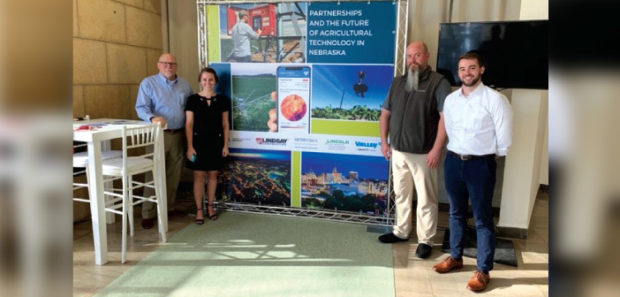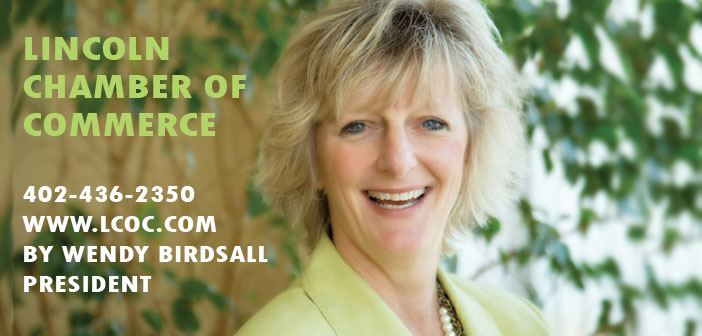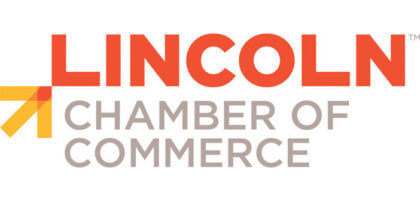Nebraska and Attracting Israeli Startup Companies
Innovation isn’t necessarily just about new things or inventions. Often, it’s about new value and new markets.
Which is why as Nebraskans, we look to capitalize on some of our natural advantages, such as agriculture and food production and how to maximize their capabilities for our economy and daily life. As our startup community continues to flourish in Lincoln, we must always look to new ideas and new ways to stimulate its success and its offerings.
At the end of September, the Lincoln Partnership for Economic Development (LPED) visited Israel along with the Nebraska Department of Economic Development, Greater Omaha Chamber, UNL Office of Research and Economic Development, and UNeMed/UNMC to attend various events that promote startups in ag-tech and food tech in Israel.The trip, September 21–26, illustrated an opportunity to look at another country’s startup ecosystem and how it can drive further advances in two areas that can provide great benefit to our local economy.
One of the marquee events that LPED and the Nebraska delegation attended was the AgriVest Conference, which is hailed as Israel’s premier agrifood tech investment event. It was held on September 24 in Tel Aviv and featured more than 750 speakers, panelists, presenting companies, and sponsors. The conference provides an excellent opportunity to not only network, but to learn about the infrastructure and investment partners that exist in this area from many different countries. Ultimately, the excursion was beneficial in many ways.
The startup ecosystem in Israel has many differences from its Nebraska and American counterparts. As we learned, the Israeli government plays a much more active role in the investment phase, to the tune of nearly $700 million annually into startups. There are currently over 650 of these startups in Israel and this represents a growing market.
Next, they are then encouraged to come to the United States and seek more investment, engage with U.S. companies and ag partners, and then utilize the American market for their products. A key player in this structure is the Israel Innovation Institute, which facilitates events like our trip and collaborates with American companies such as PepsiCo, Mars, and others. So, why would they be interested in Nebraska?
“Most of the startups target either California or Boston to launch their American operations,” says Pat Haverty, vice president of LPED. “While they are famous for their startup culture and what they can offer, the cost of doing business remains significantly higher than in Nebraska. With our built-in knowledge and business surrounding agriculture and food production, this of course enhances our attractiveness.”
We think a great opportunity is there for these companies to flourish in Lincoln and throughout Nebraska. Investors from all over the world are interested in what these startups can produce. With the initial investment and backing from the Israeli government, they are well-positioned versus some of their counterparts around the world.
It was important to learn more about the Israeli startups and get some ideas on how we can learn from them here at home. I am hopeful this can begin a fruitful collaboration between our two countries and benefit Lincoln and Nebraska as a whole.

Pat Haverty of LPED (pictured far left) and the Nebraska delegation promote Nebraska to Israeli startups.
The Chamber’s mission is to improve the lives of Lincoln residents by providing increased economic opportunity and can only be accomplished together. For more information on the Lincoln Chamber of Commerce, (www.lcoc.com) please contact Jaime Henning at jaimehenning@lcoc.com.


